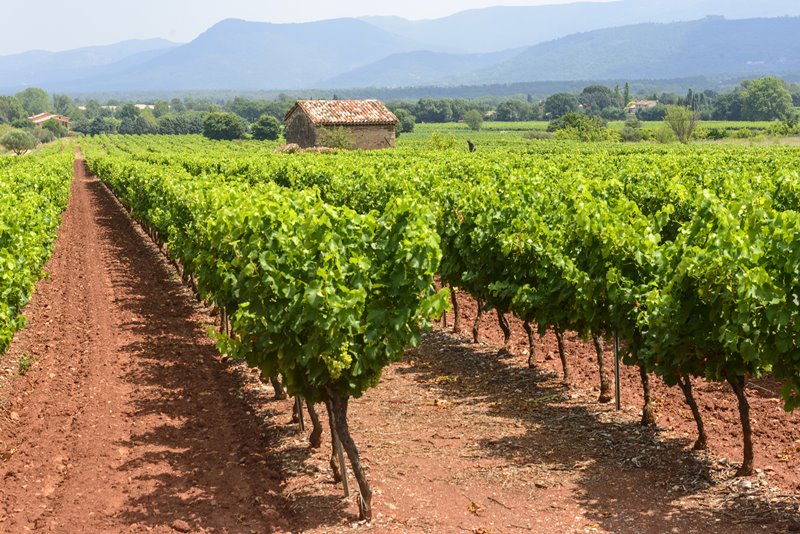A new chapter for Bordeaux vineyards
Economic and environmental strategies reshape iconic wine region
2023-12-25

The recent closure of the French government's unique portal for vineyard restructuring marks a significant turning point in the wine industry, particularly for the Bordeaux region. This program, part of a tripartite agreement between the French government, the Nouvelle-Aquitaine region, and the Bordeaux Wine Council (CIVB), signifies a bold and necessary step towards addressing both economic and environmental challenges faced by the viticulture sector.
On December 20, the one-stop shop for vineyard uprooting closed, finalizing plans for a considerable transformation of the Bordeaux landscape. This ambitious project involves uprooting 8,000 hectares of vineyards in 2024, reflecting a response to the pressing needs of the wine industry. The initiative, initially planned for 9,500 hectares over two years, has already used over 80% of its budget, with 1,200 applications submitted.
The significant financial commitment of 43 million euros demonstrates the seriousness of this endeavor. The state is financing over 700 applications, covering nearly 4,000 hectares, with a total aid amount of 24 million euros. This funding aligns with the 30 million euros initially earmarked by the state, which could increase to 38 million euros if needed. The remaining 4,000 hectares fall under the CIVB's responsibility, with over 500 applications for diversification exceeding the available 19 million euros.
This restructuring aims not just at reducing production potential and managing health risks of uncultivated vineyards but also at diversifying half of the parcels and converting the rest into forests or natural areas. The decision to renature or transform these vineyards into forests is a forward-thinking approach, blending economic prudence with environmental responsibility.
The Bordeaux wine region, renowned for its quality and tradition, is at a crossroads. This restructuring signifies an acknowledgment of the challenges facing the industry, from market pressures to climate change. By reducing the vineyard area and diversifying land use, the region is preparing for a sustainable future, ensuring that Bordeaux wines continue to thrive both in quality and relevance.
As the applicants await the final instructions and authorization to commence work by May 2024, this initiative stands as a testament to the collaborative efforts between the government, regional authorities, and the wine industry. It's a balancing act between preserving a cherished tradition and adapting to contemporary economic and environmental realities – a model that other wine-producing regions might well observe and learn from.
Founded in 2007, Vinetur® is a registered trademark of VGSC S.L. with a long history in the wine industry.
VGSC, S.L. with VAT number B70255591 is a spanish company legally registered in the Commercial Register of the city of Santiago de Compostela, with registration number: Bulletin 181, Reference 356049 in Volume 13, Page 107, Section 6, Sheet 45028, Entry 2.
Email: [email protected]
Headquarters and offices located in Vilagarcia de Arousa, Spain.